Monday September 6, 2021 will mark the 136th anniversary of the observance of the First Monday in September as Labor Day. The first Labor Day on September 7th 1885 was the culmination of a long and arduous road of struggle by workers of all races; struggle which included strikes, demonstrations, the Haymarket massacre of demonstrators in Chicago and the struggle for the passing of an eight-hour day Law. Congress in 1868 passed the Law and granted government employees the eight-hour day. From the humble beginning of the Knights of Labor to the founding of the AFL-CIO, the Labor Movement has had a glorious and impressive tradition of struggle and activism.
People such as Elizabeth Gurley-Flynn, Hosea Hudson and Joe Hill to name a few, were instrumental in shaping and guiding the Movement in its positions and actions. Trade Unions took principled and progressive actions against racial, immigration and gender discrimination; participated in and encouraged workers solidarity and demonstrated in opposition to imperialist wars and, were directly involved in everyday issues of social justice in the United States and around the world.
While the significance of the day and its history has been relegated to frivolity and festivities, the role of Labor in the struggle against capitalism and global imperialism; is lost on the majority of workers who, share in the gains of the Movement’s historical past. In the current global crisis of capitalism marked by its pursuit of expansionism through occupation and war, regime change to ensure super profits, support for dictatorial and tyrannical regimes in Africa and Latin America for the rape of natural resources; the historically progressive role of labor is imperative in these pressing issues. Civil liberties and constitutional guarantees are challenged and under attack by the ultra-reactionaries of the capitalist class; whether it be voter suppression; archaic and tyrannical Abortion Laws; gerrymandering of congressional borders and antagonism to unionization; the capitalist class wants to put the burden and the cause of the crisis on the backs of the working class. This calls for pushback, challenge and activism against the captains of capital and their attacks on workers’ rights.
Labor should recognize the value in a continued struggle against capitalism; Trade Unions provide the most effective weapon against capitalism’s attacks on the working class and forms a gap between capital and labor. Unions are a ‘ready-made’ mass movement that can educate, organize and mobilize the working class, in defending democratic gains achieved over years of struggle. Labor solidarity between White and Black workers is critical; wage disparity based on race and the social stratification of Trades, reconcile the working class to capitalism. It undermines and destroys working class solidarity and prevents class consciousness.
The Labor Movement has a history of opposing the warmongering of the capitalists in their pursuit and carrying out of imperialist wars; working people are the ones that fight these wars but do not profit from it. One report cited that stocks bought at the beginning of the Afghanistan war are worth more than ten times the value by the end of the war; the only people who profit from imperialist wars are the capitalists and defense contractors. Trillions of dollars are spent on these immoral and illegal wars whilst the majority of workers are not able to receive a living wage, to take care of their basic social needs. This became more visible during the current Pandemic. Many who have fought in these imperialist wars came back to homelessness, inadequate access to health care, mental health counseling and treatment and other necessary social services.
Trade Unions are not political organizations, but the history of the Labor Movement has demonstrated that they have the capacity to influence Policy in defense of its membership for social justice. The rank and file must guard against Union leadership’s class collaboration with capitalism; by leadership adopting Policies and negotiating away workers’ interests, avoiding conflicts and dulling working class militancy. Today’s Trade Union Movement was formed and developed in the crucible of working-class militancy and progressive activism; the Movement cannot abandon or deviate from this tradition.
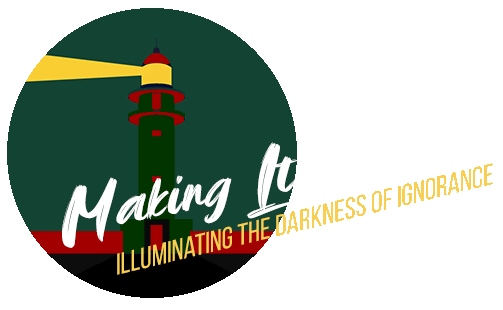

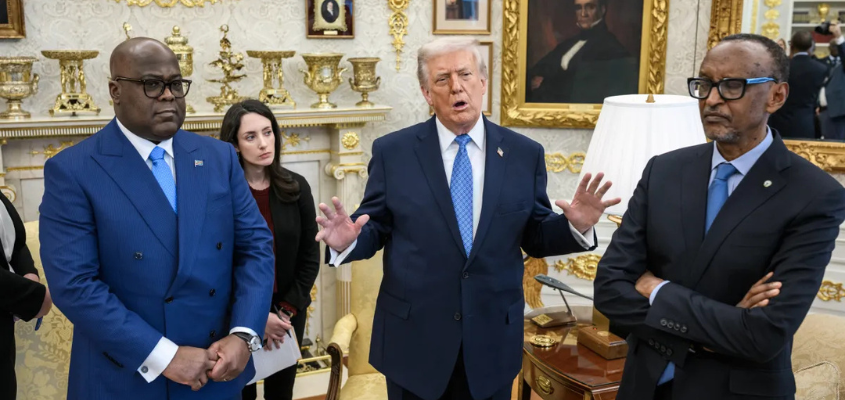
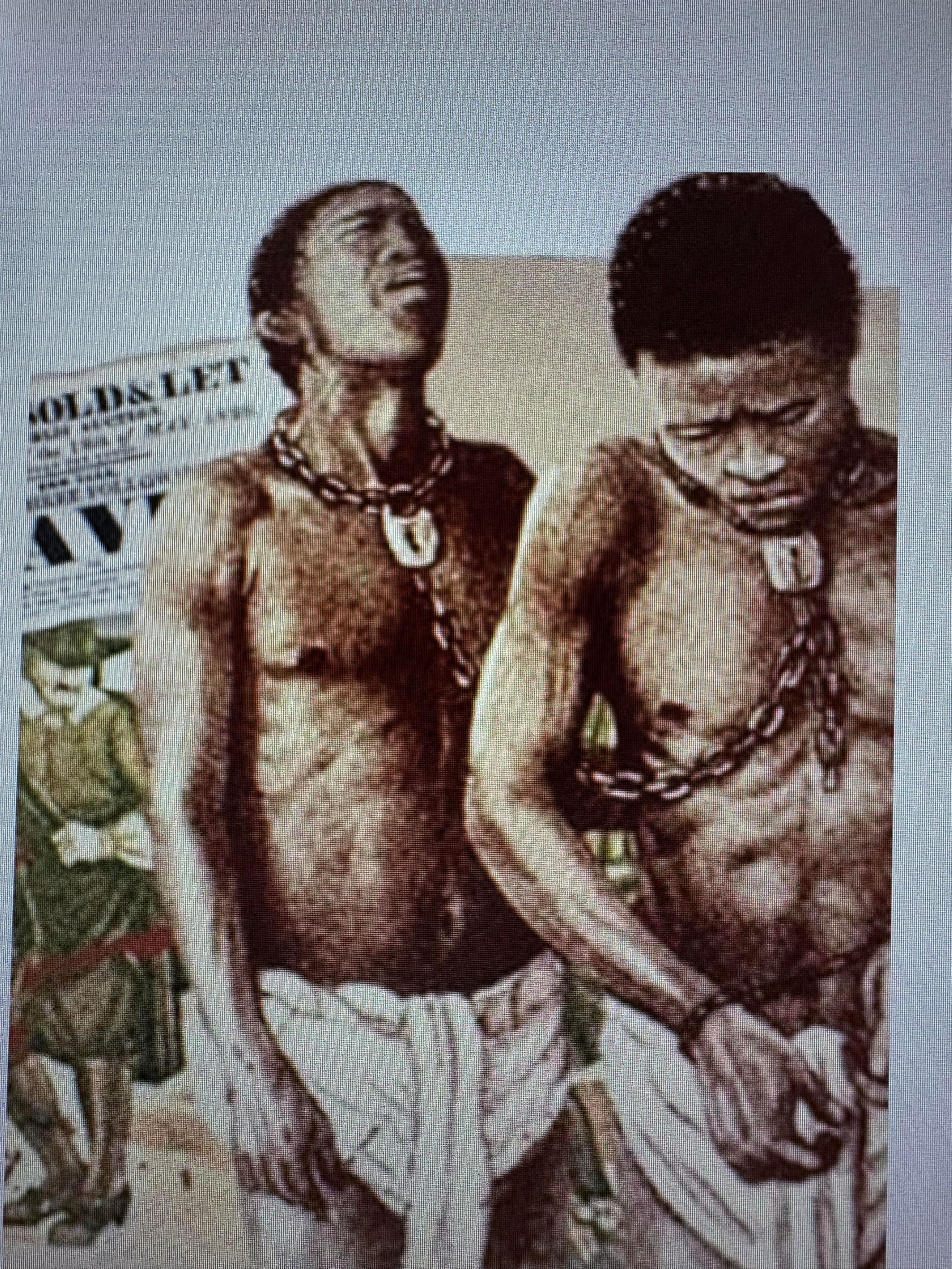

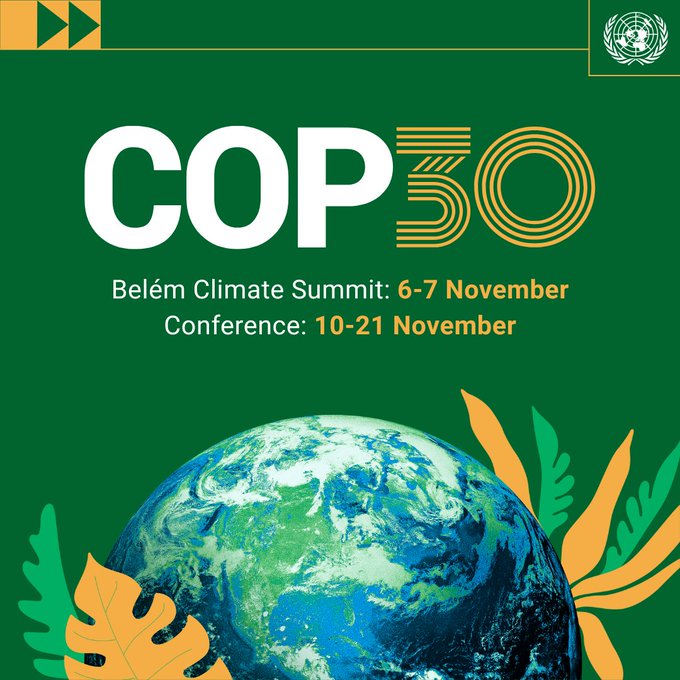

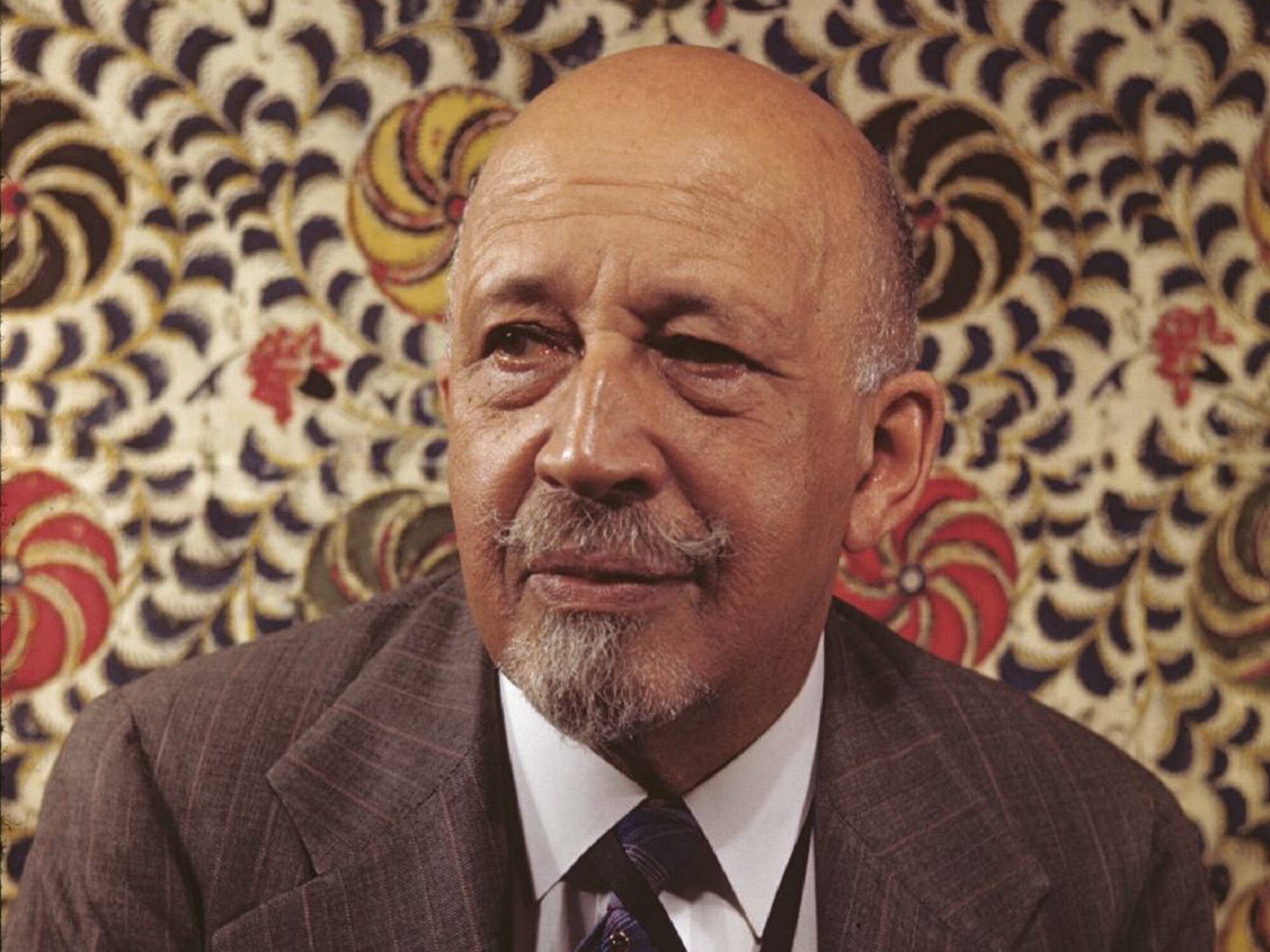


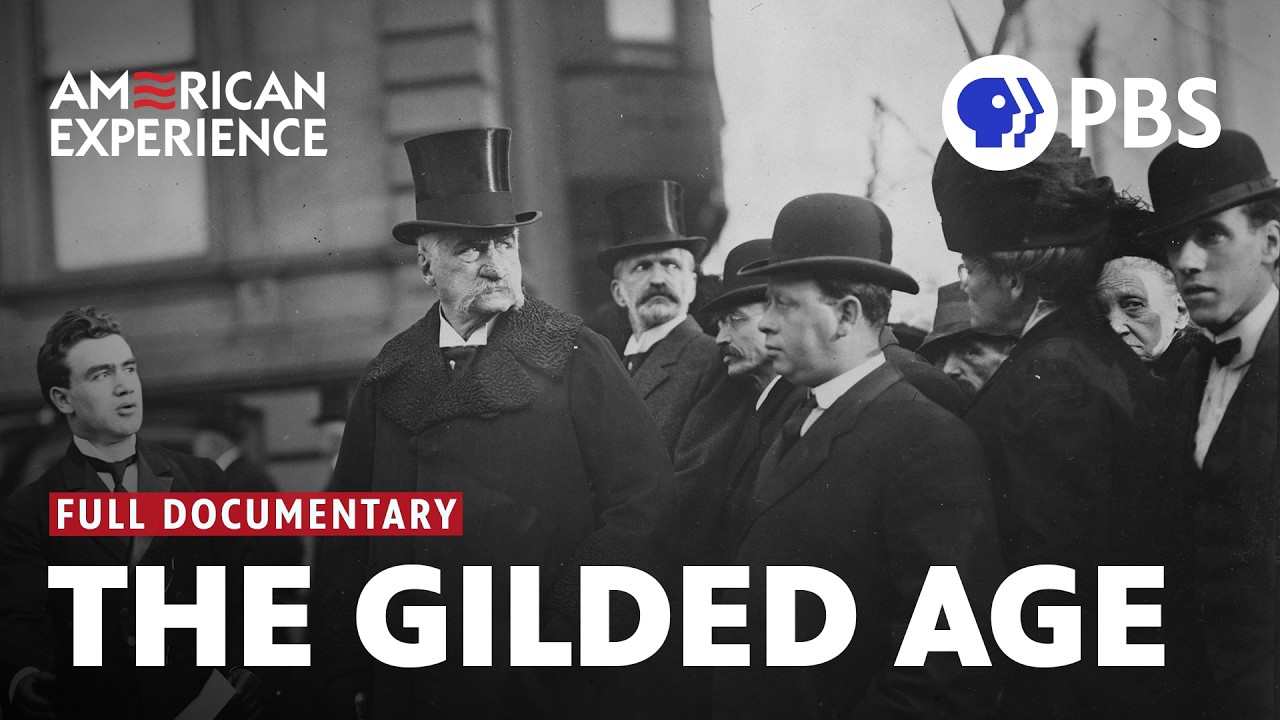


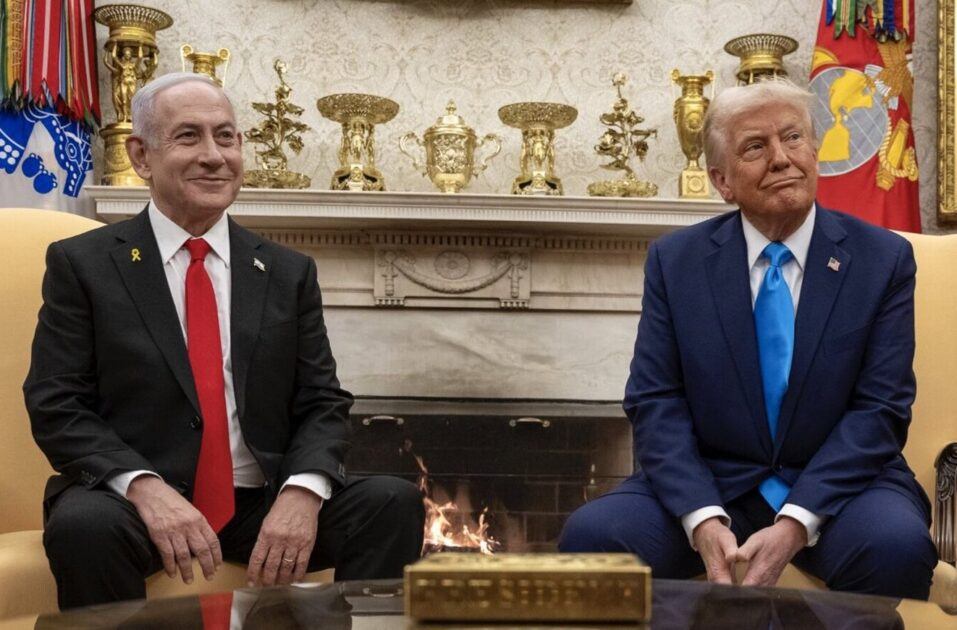
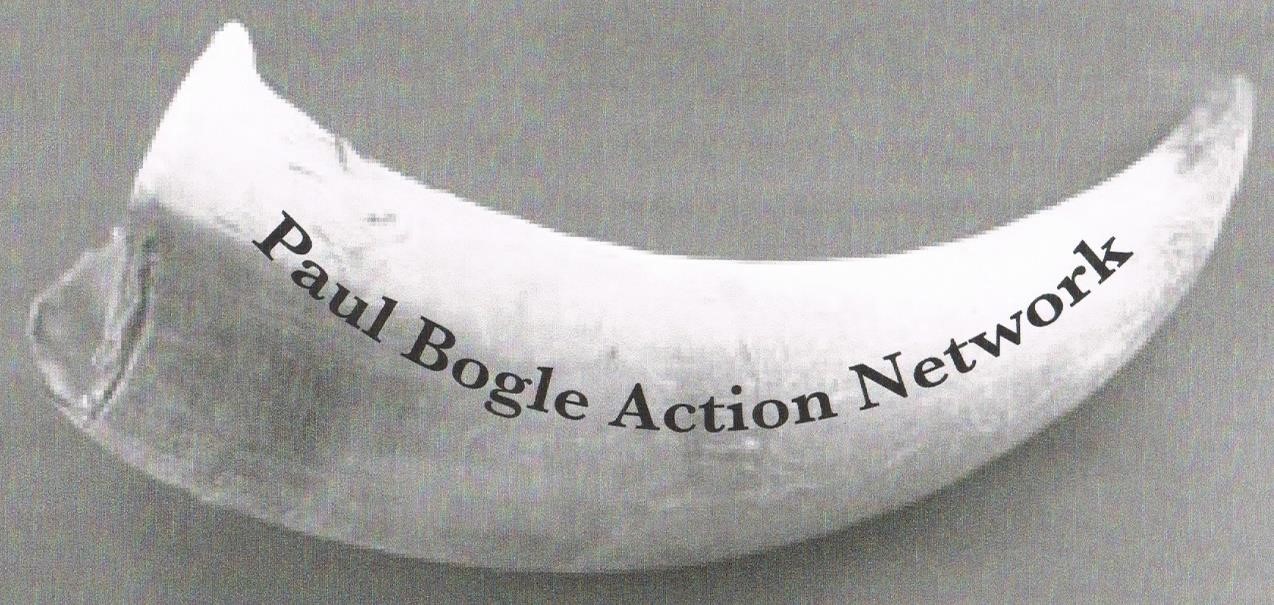
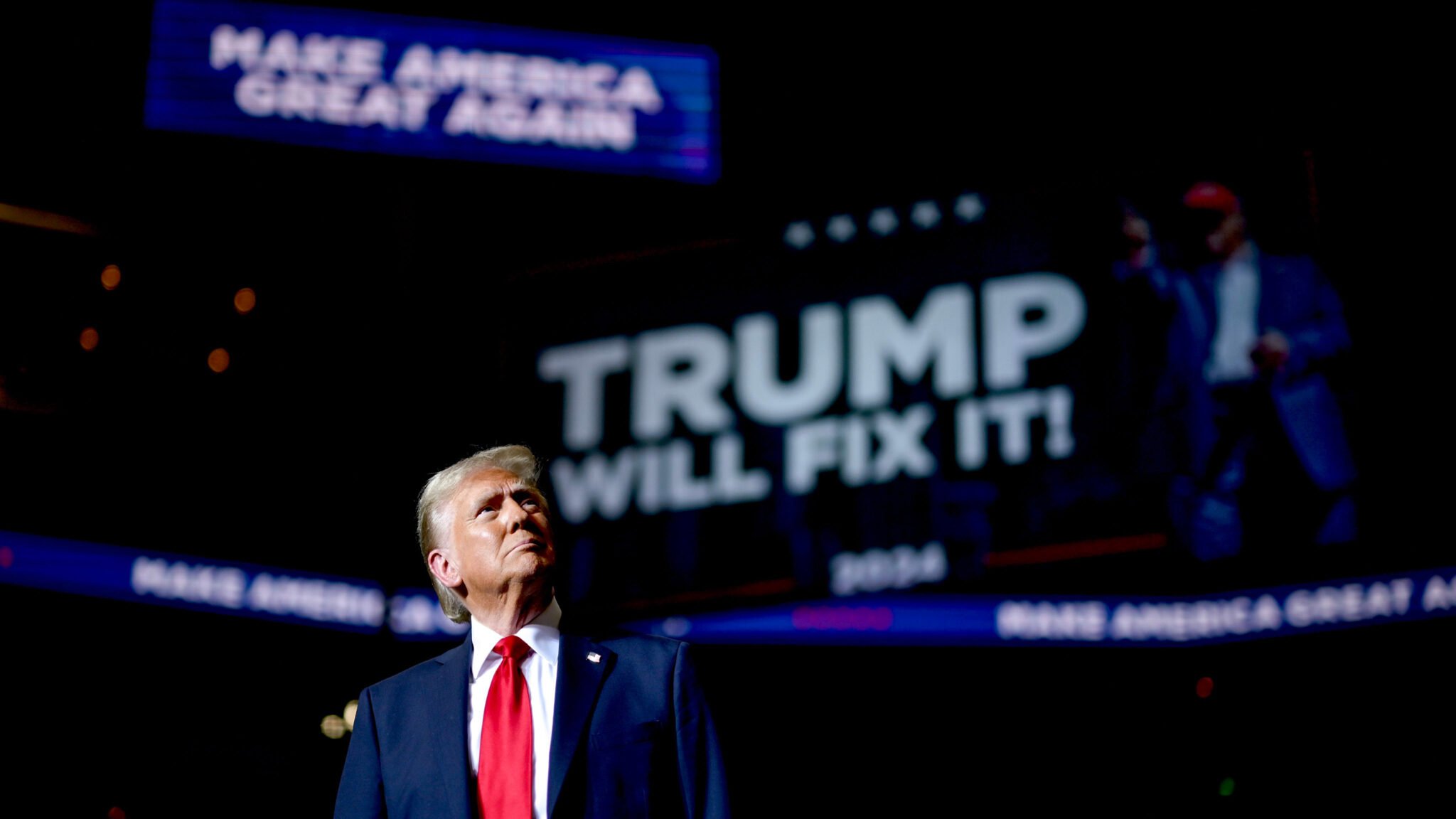
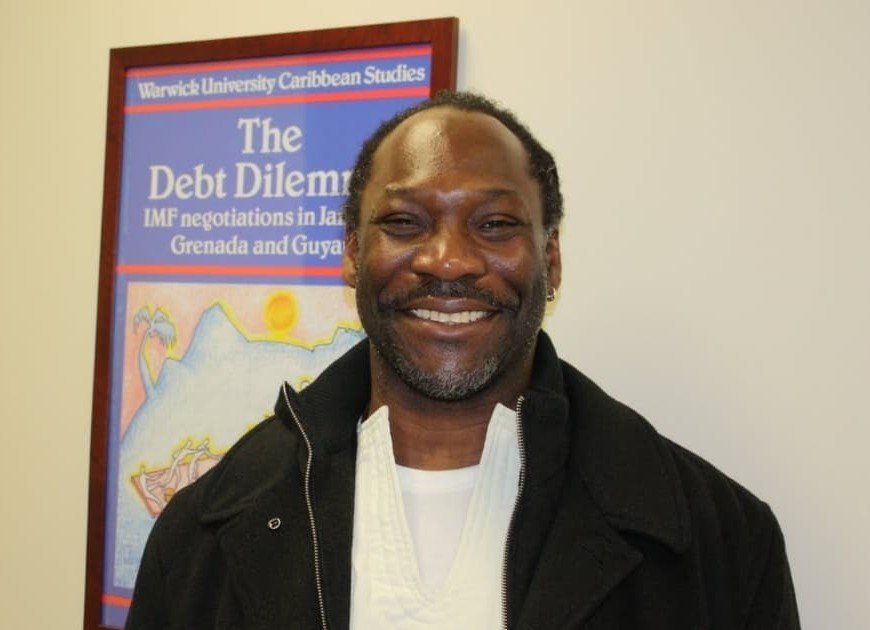
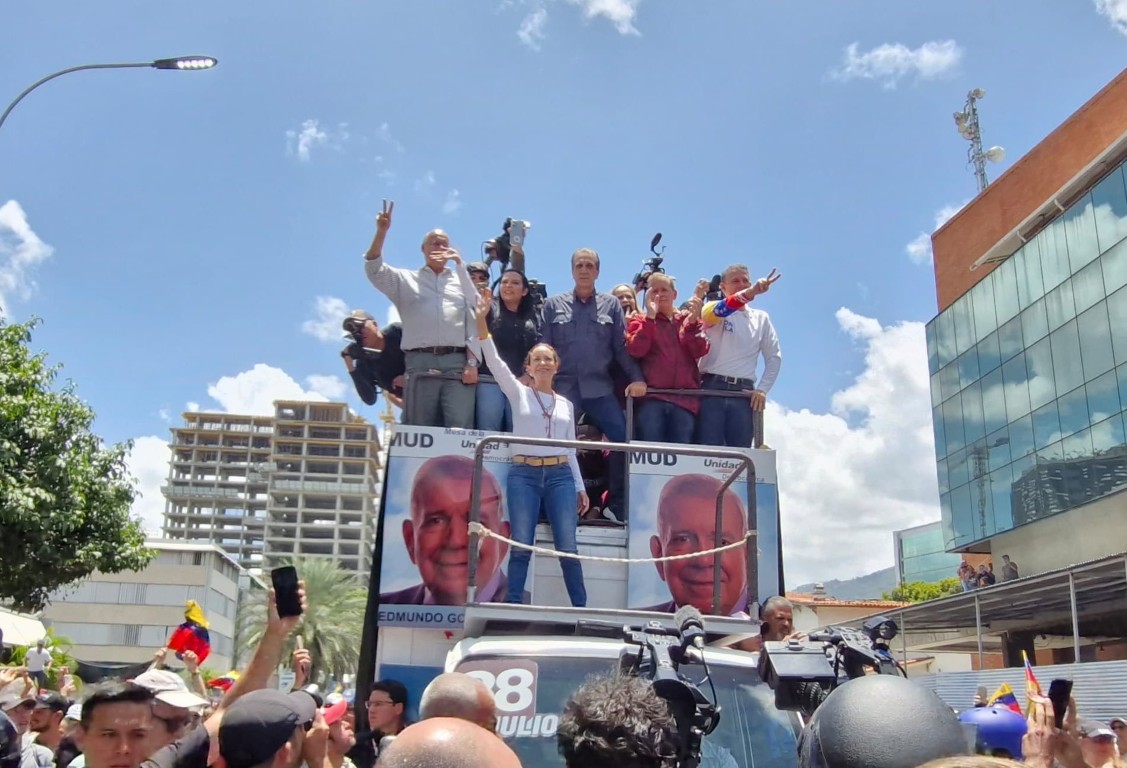
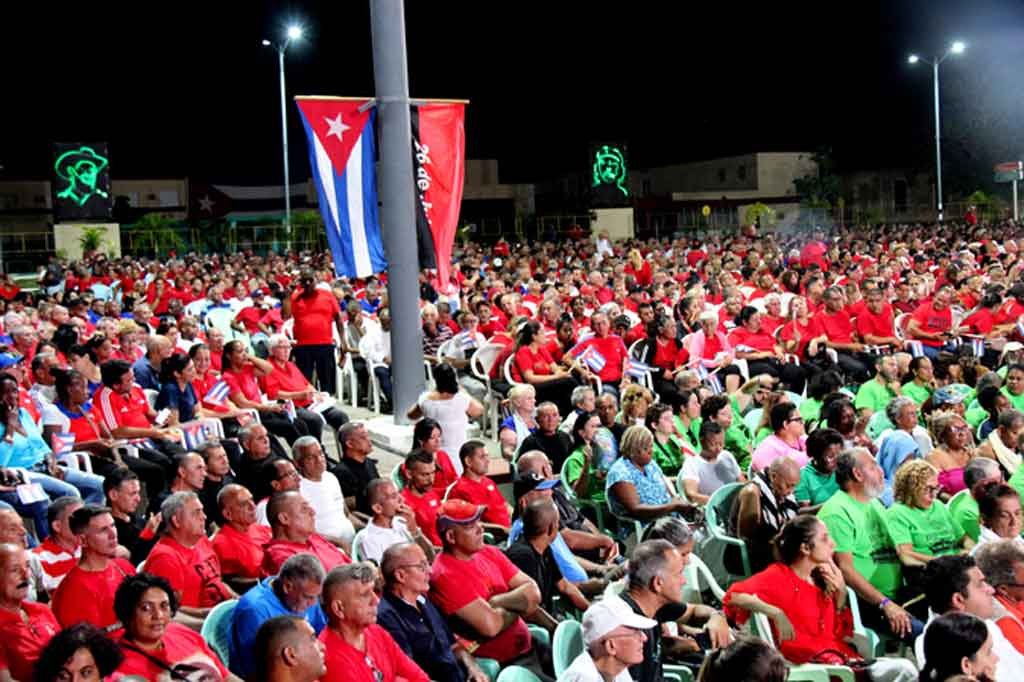

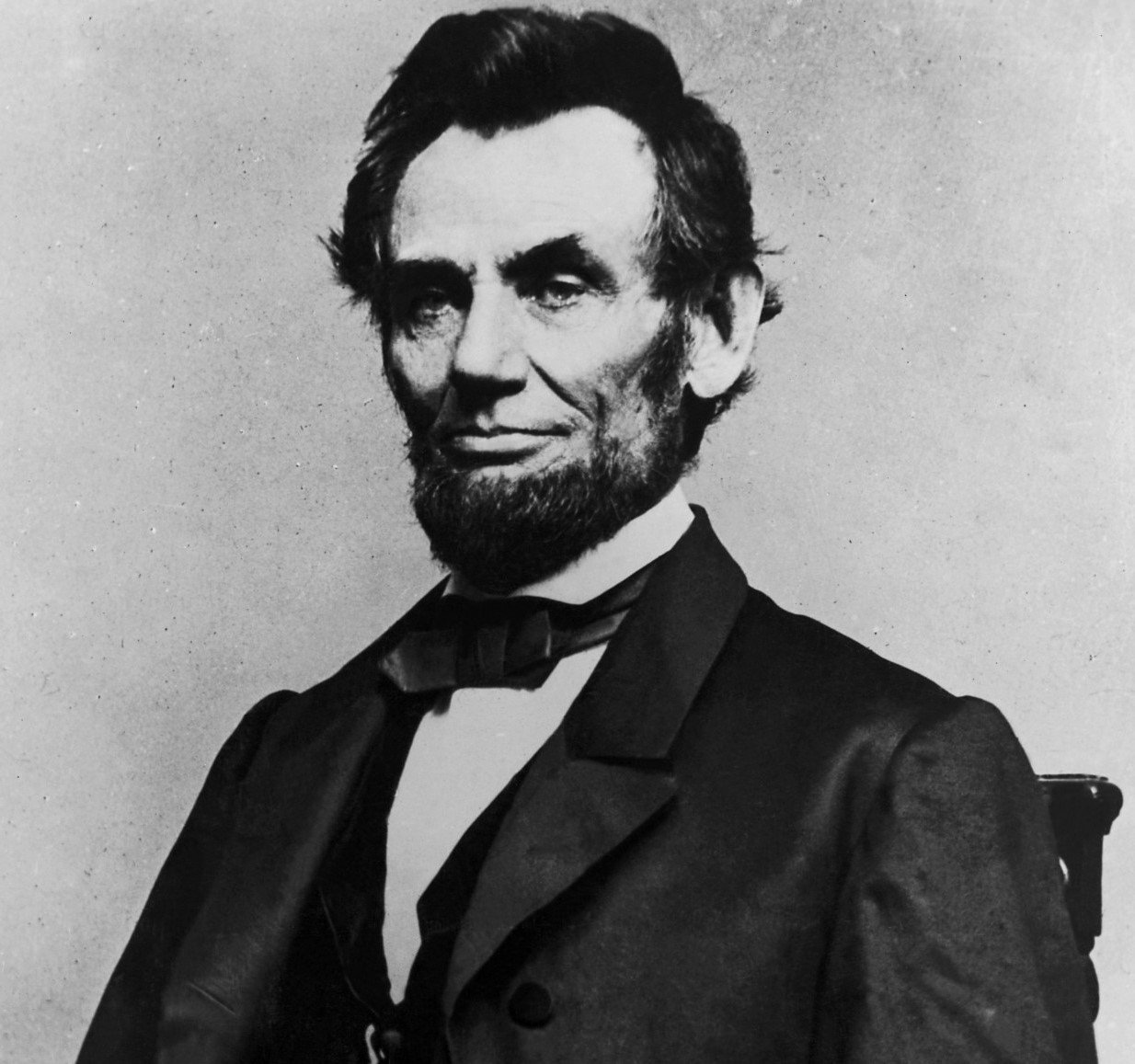
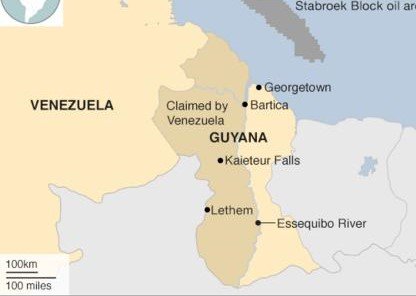
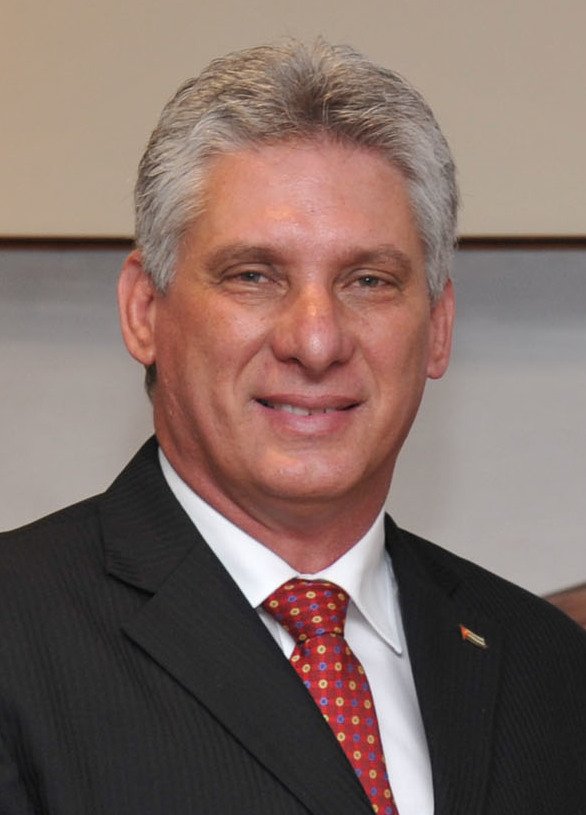
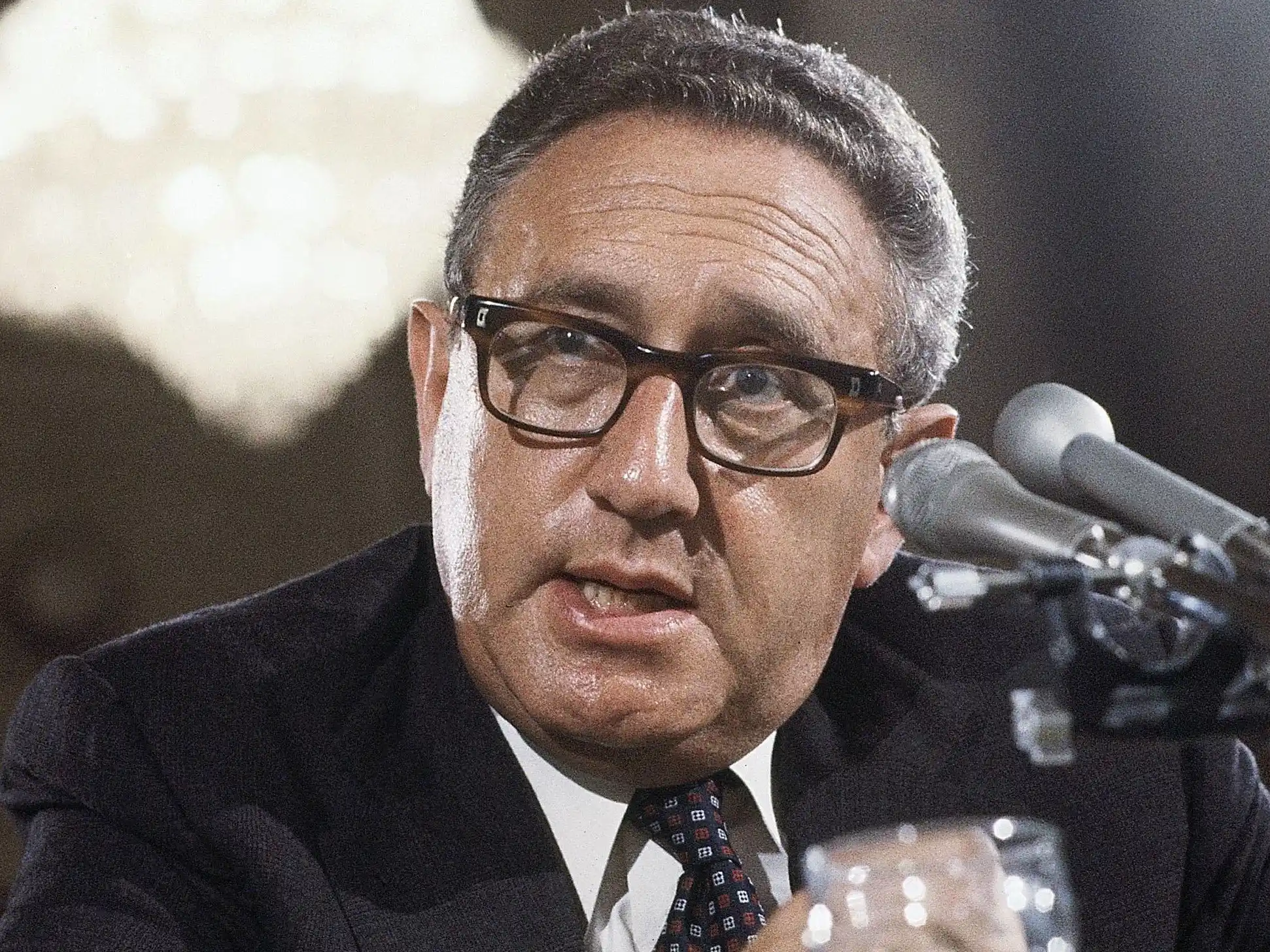
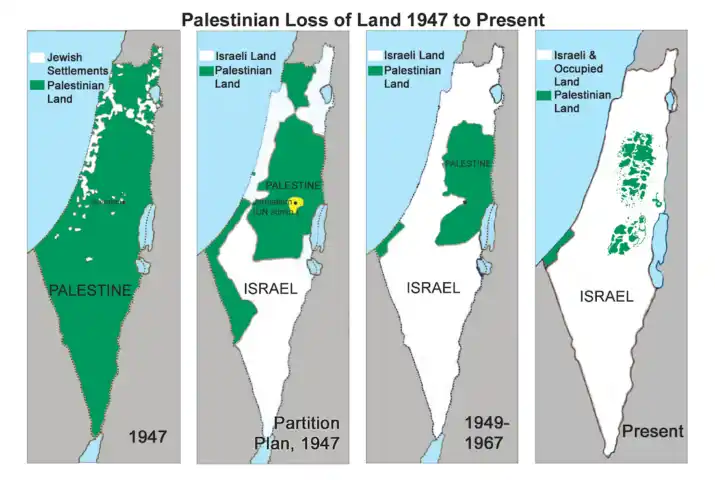
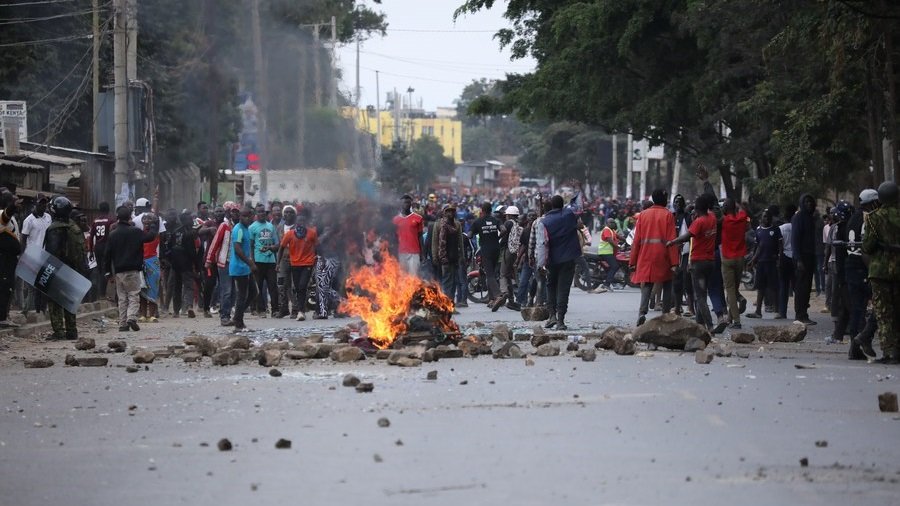
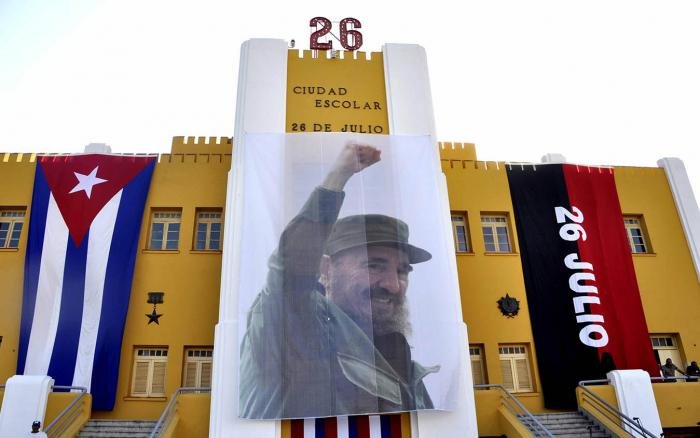
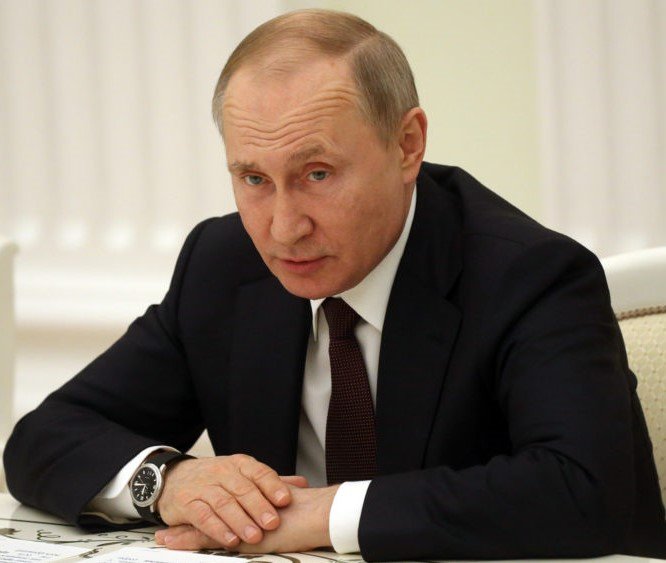
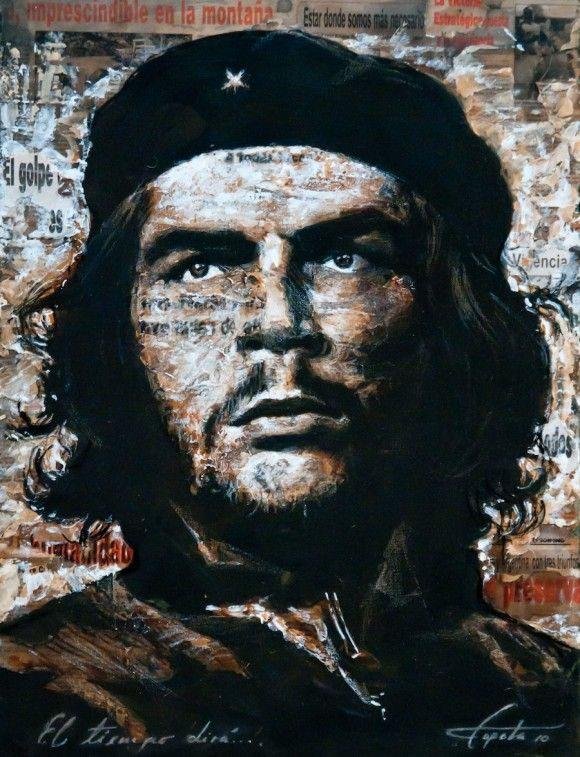
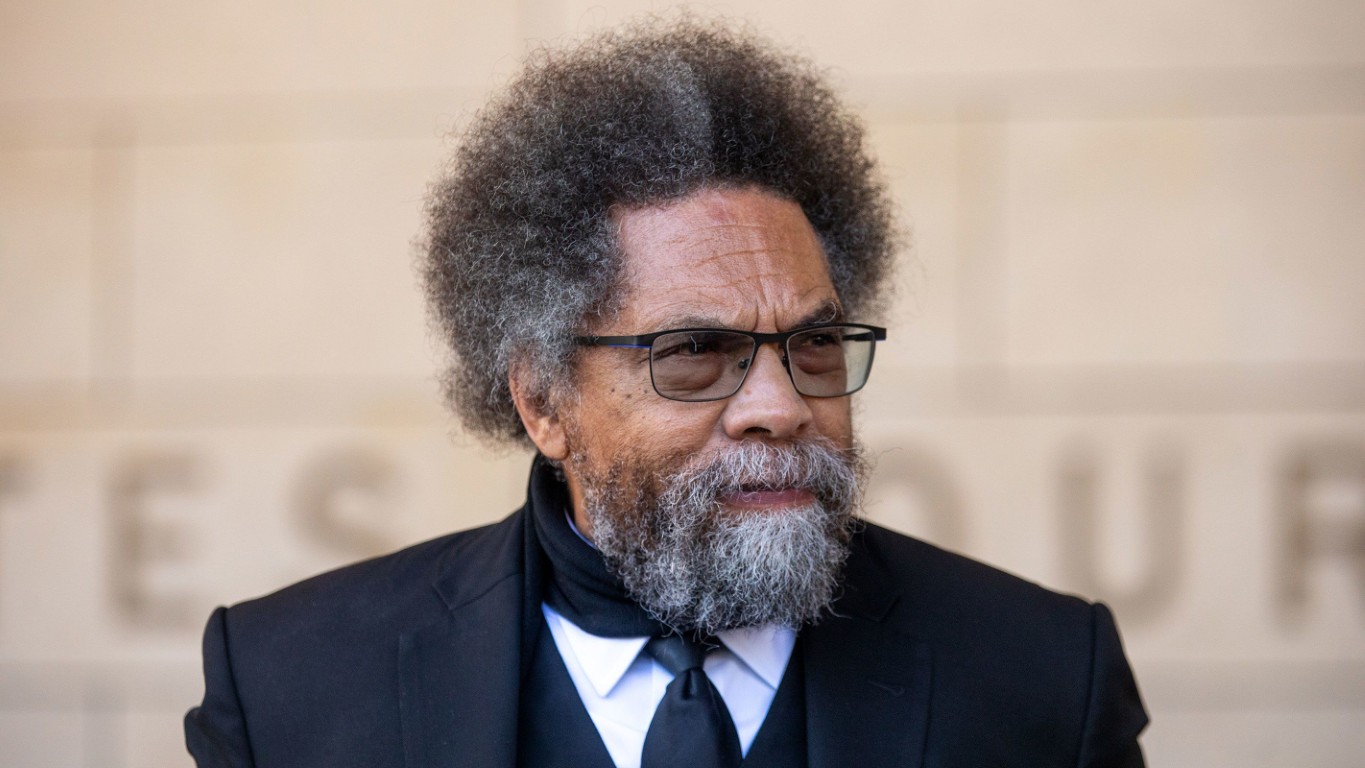
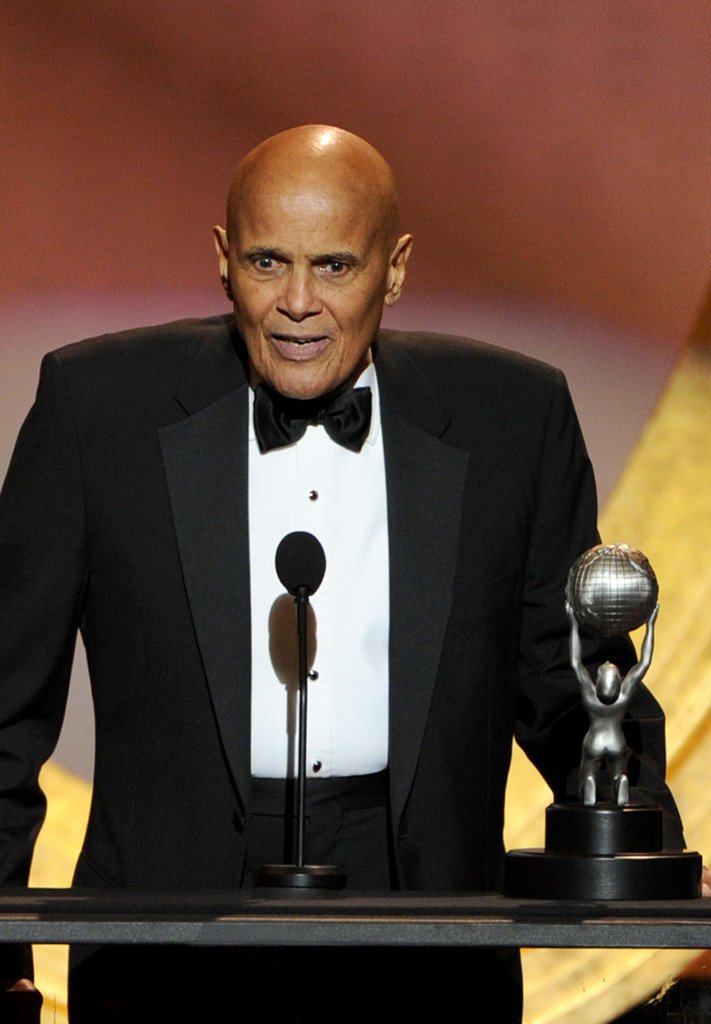

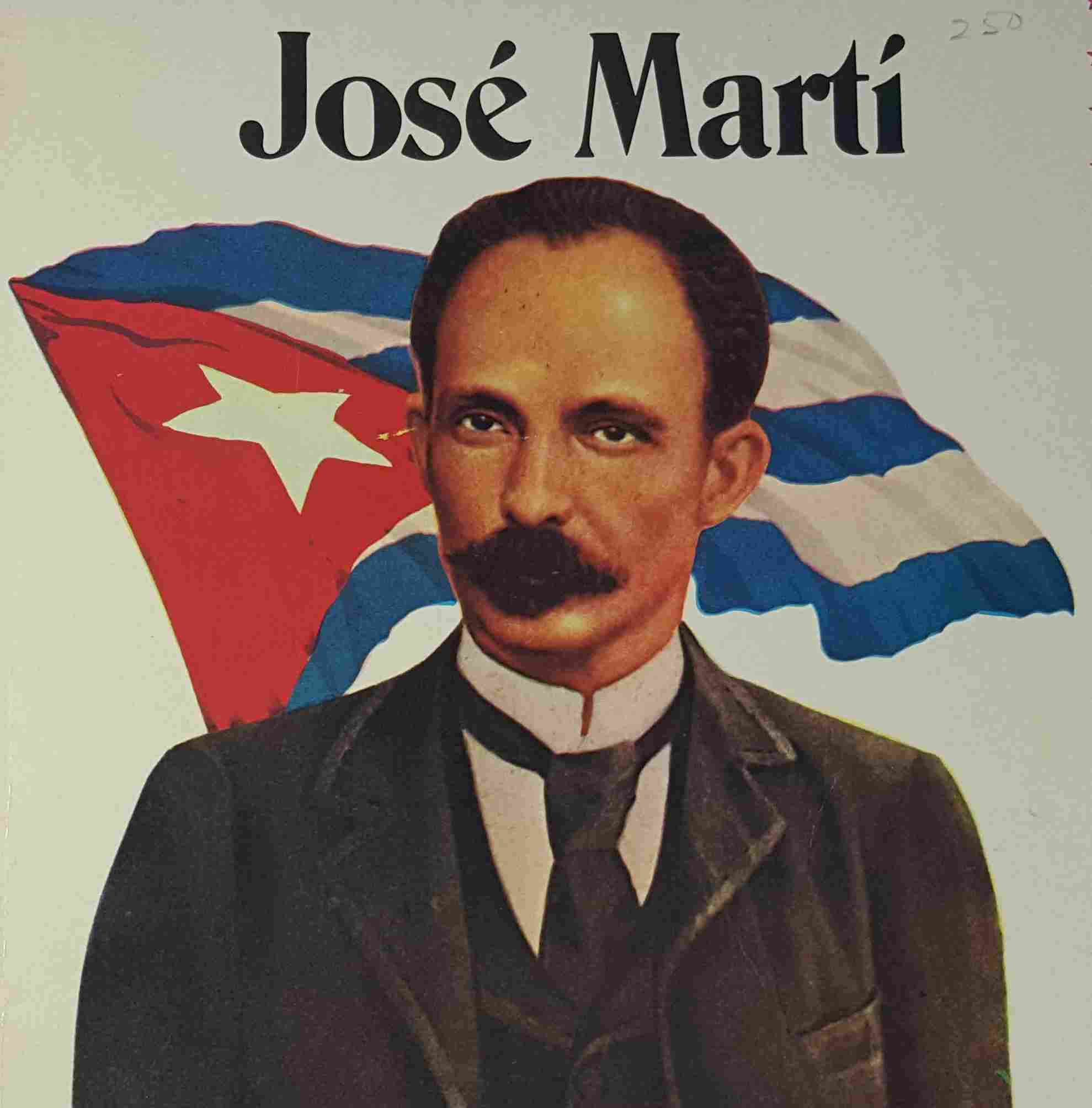
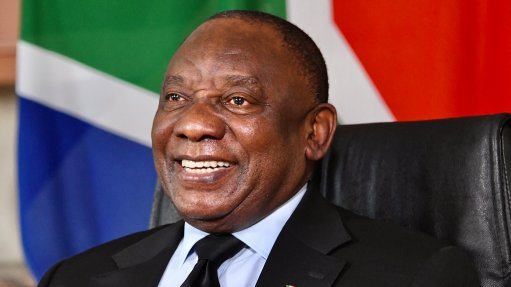

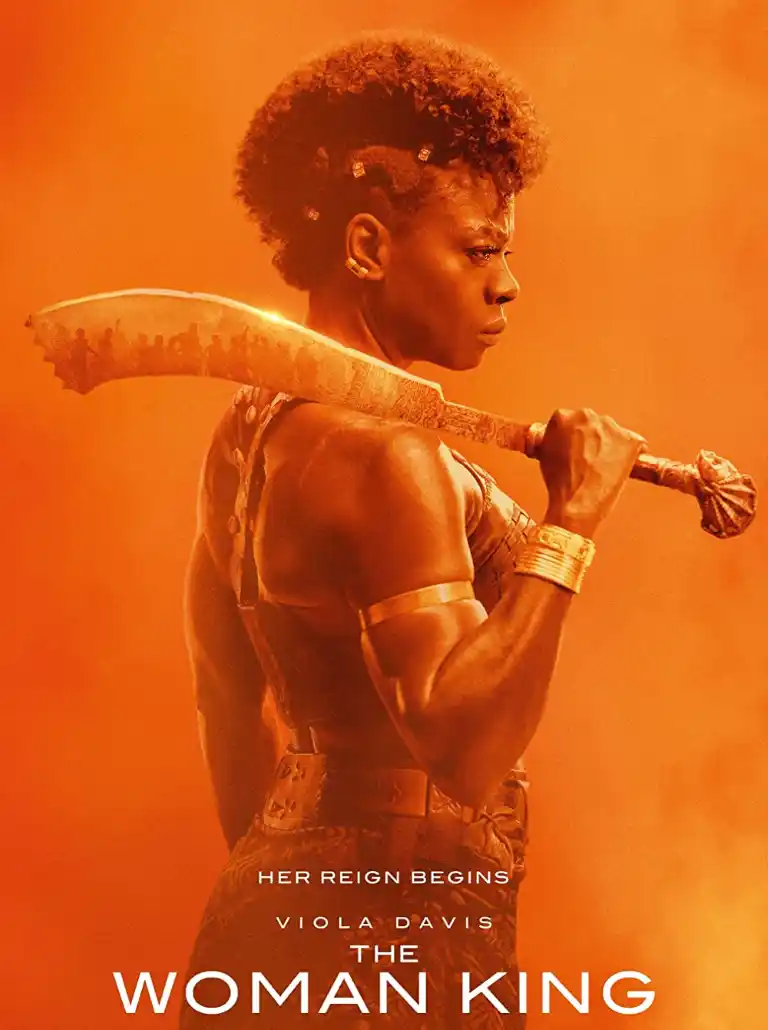
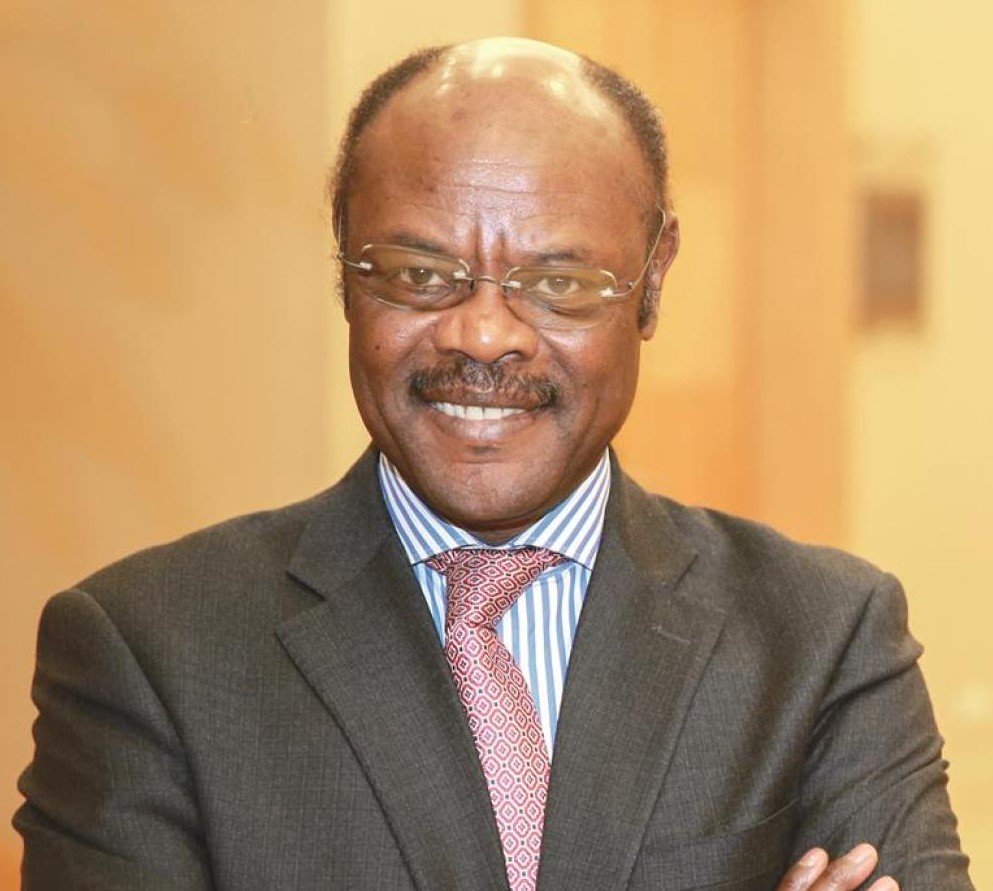

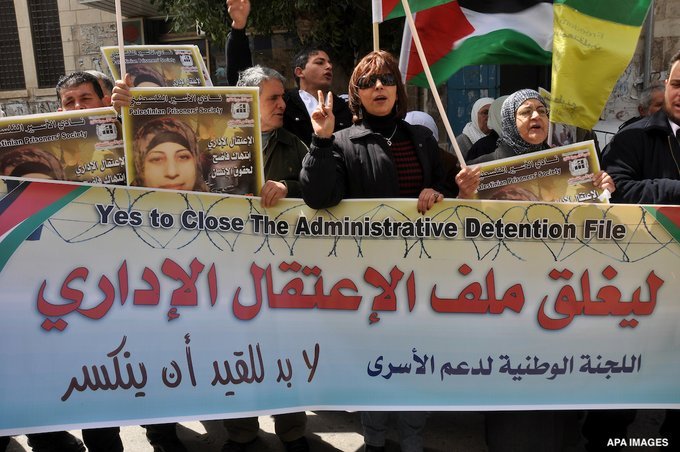
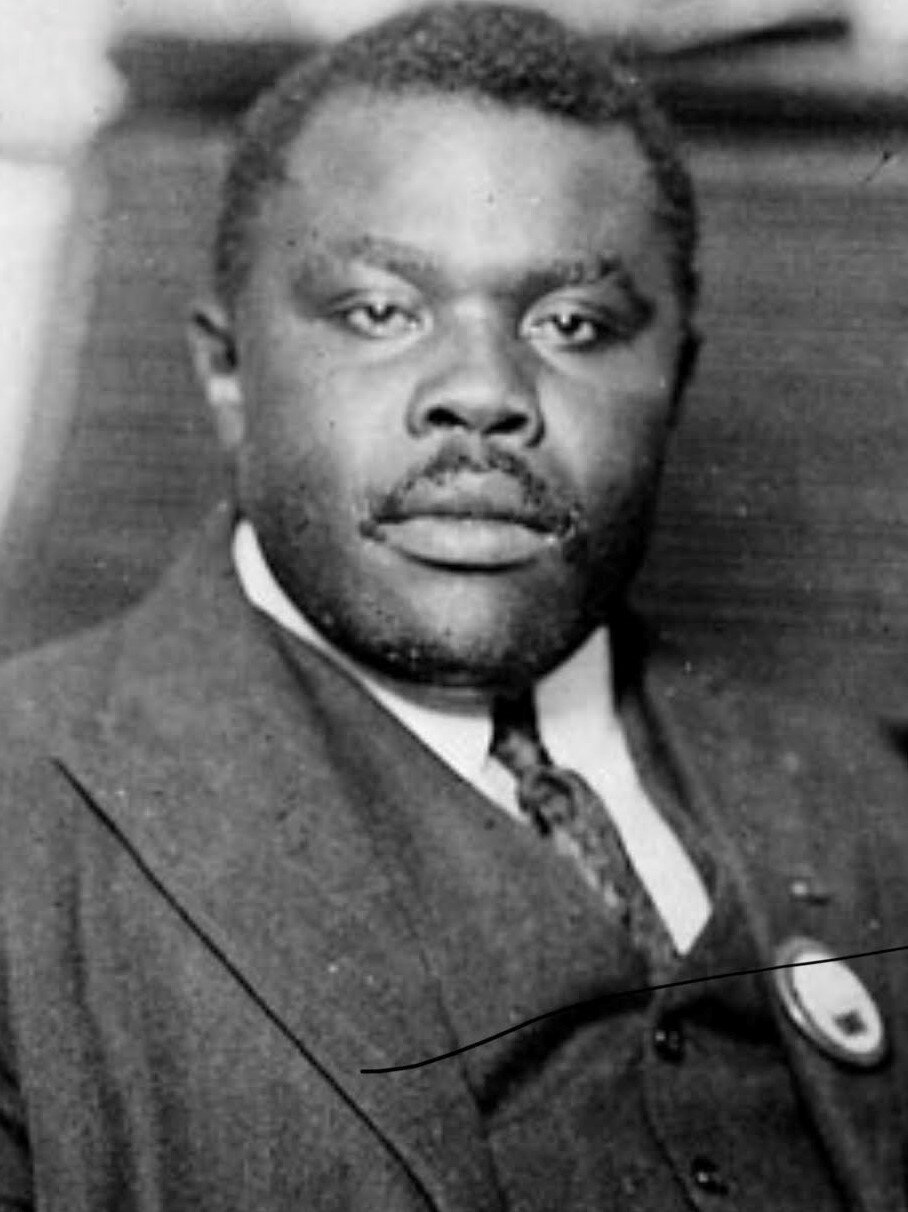
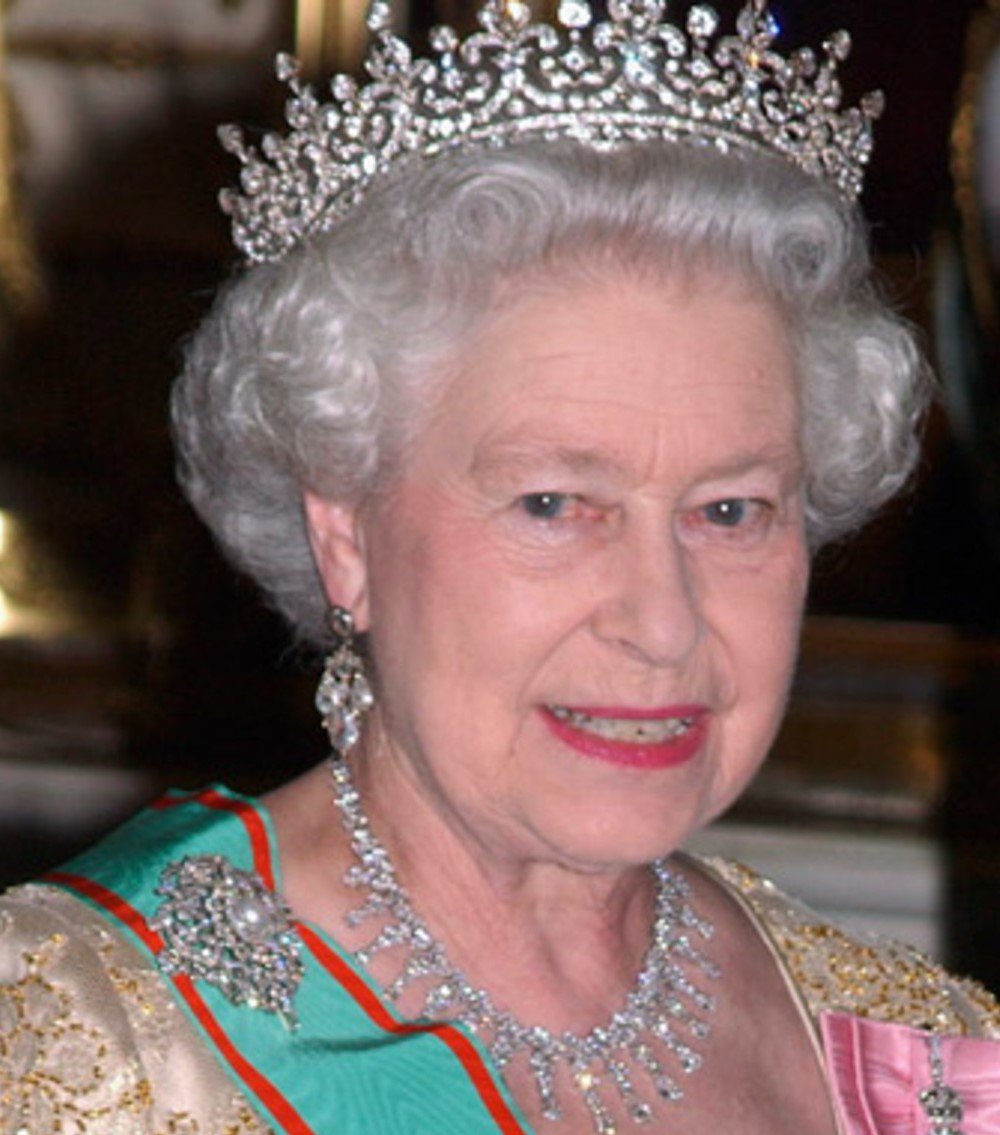
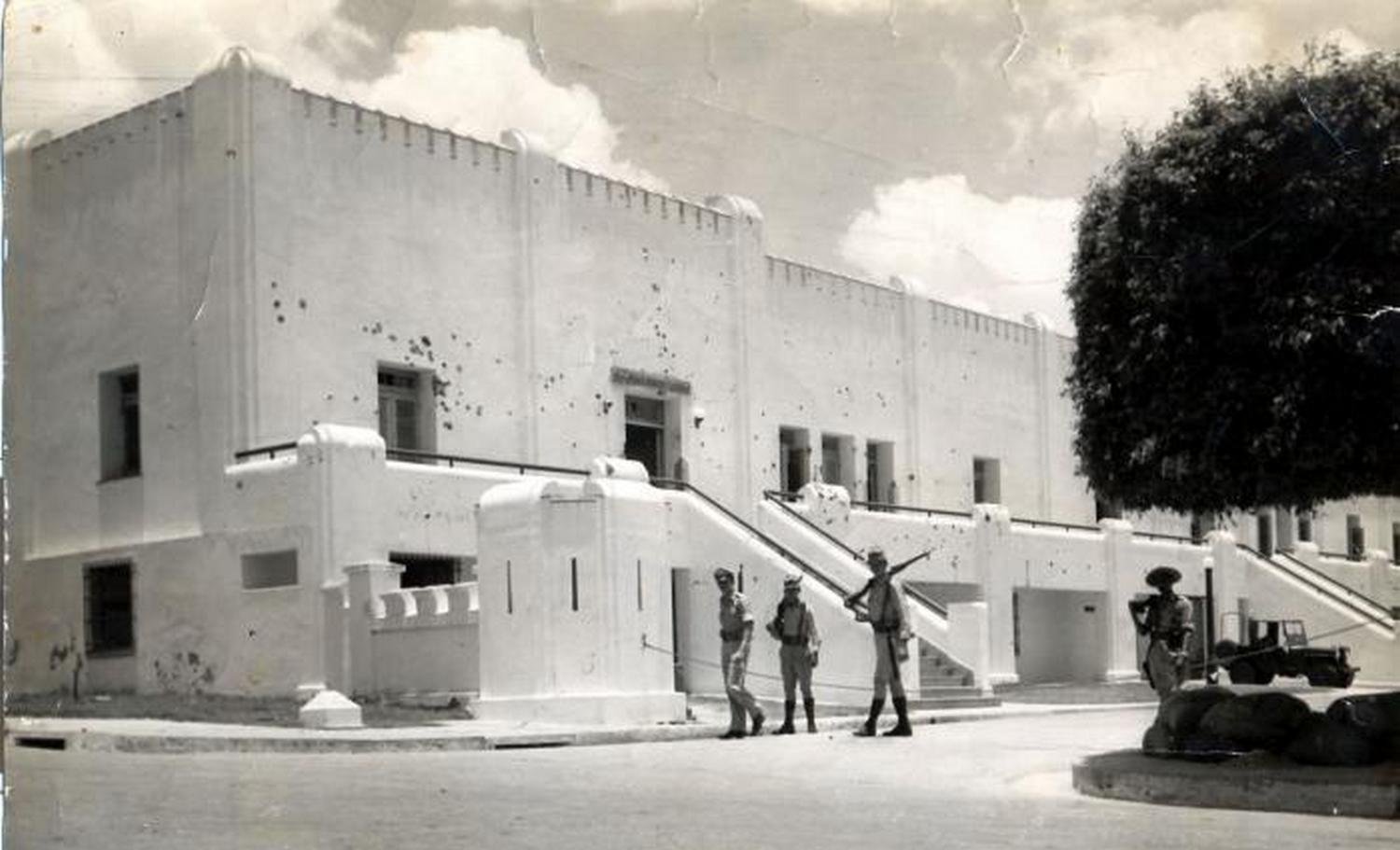
Share with your network